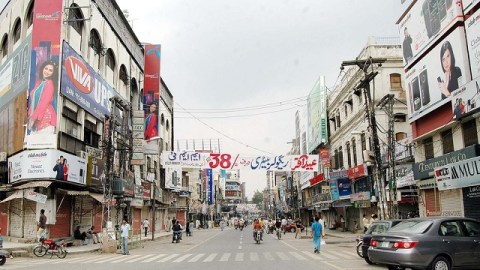Steep Drop In Lahore Dengue Cases, Thanks To An App

What’s the Latest Development?
So far this year, the Lahore metropolitan area has recorded a few dozen cases of dengue fever, a mosquito-borne disease characterized by fever, headache, and joint pain. The number is significantly lower than in past years, thanks to a smartphone app created by computer scientist Umar Saif that allows officials to track all efforts to prevent the disease’s spread. This includes photologging crews of sanitation workers as they clear out pools of standing water that can serve as mosquito breeding grounds.
What’s the Big Idea?
In 2011, the Punjab region of Pakistan, which includes Lahore, experienced a dengue epidemic that sickened 20,000 citizens. With the data provided by the Clean Lahore app, Saif has mapped locations of sick people as well as mosquito larvae, helping officials to predict and prevent future outbreaks. The app also helps get around a longstanding problem with public sector corruption, says Saif: “You have people who have not done — maybe for decades — work as well as they were supposed to do. So the government needs to therefore now use technology in innovative ways to monitor its functions.”
Photo Credit: Shutterstock.com





